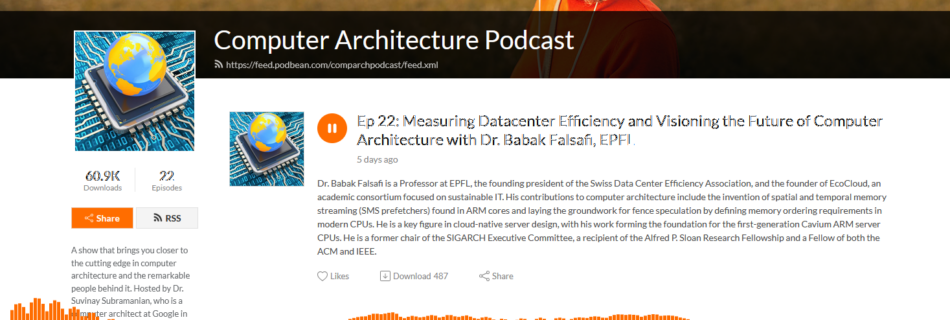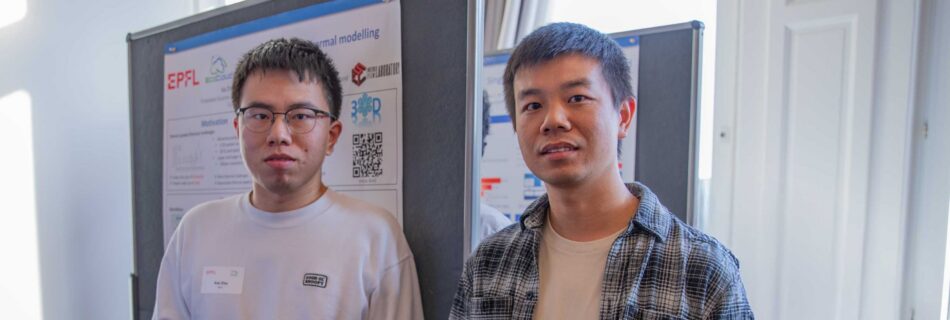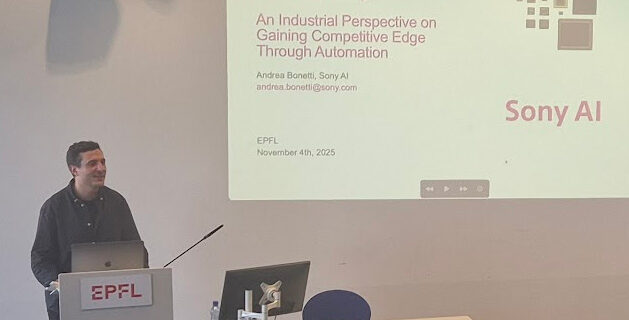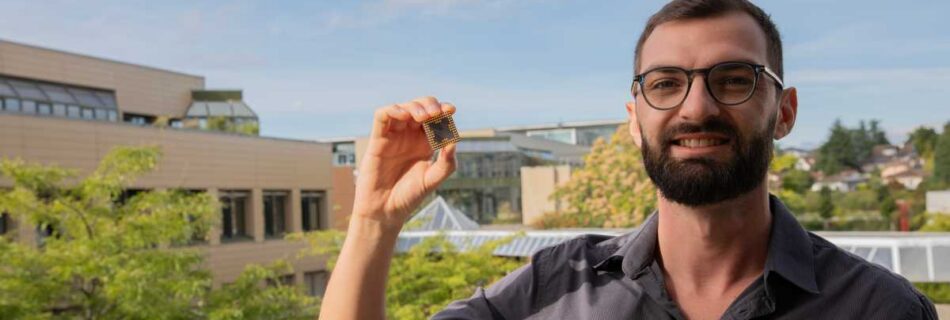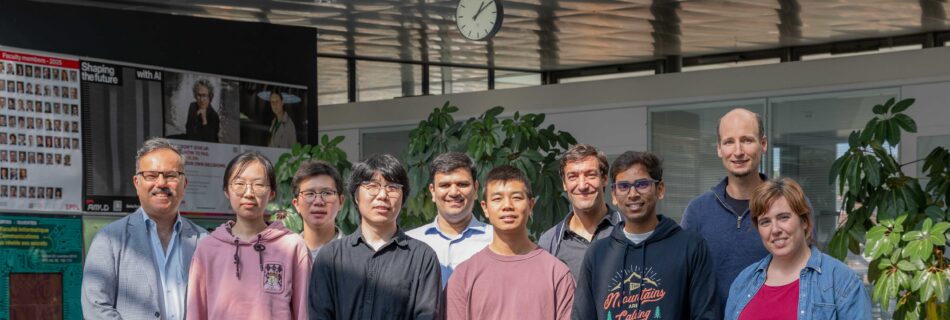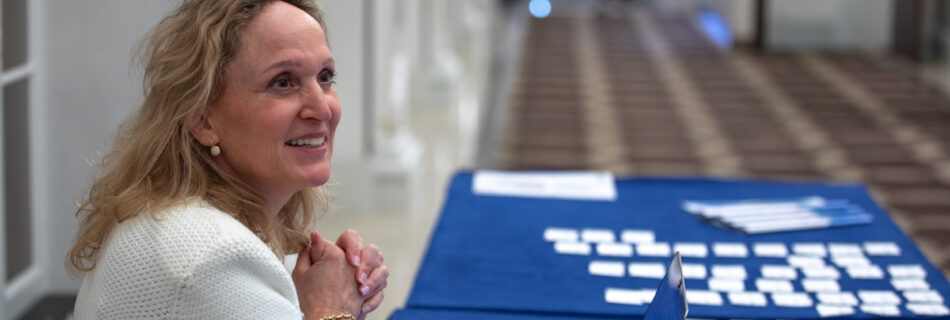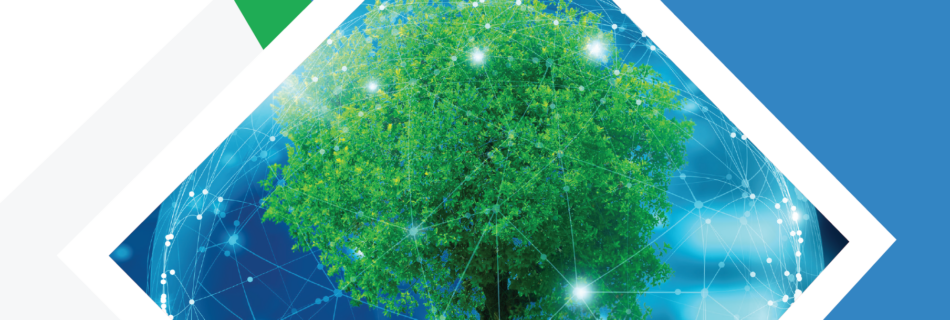EPFL researchers have developed new software – now spun-off into a start-up – that eliminates the need for data to be sent to third-party cloud services when AI is used to complete a task. This could challenge the business model of Big Tech. The use of artificial intelligence for everyday […]
Read MoreArticles by John
Measuring datacenter efficiency and visioning the future of computer architecture
Prof. Babak Falsafi was interviewed for the Computer Architecture Podcast. This fascinating show is hosted by Dr. Suvinay Subramanian, an organizer of EPFL-hosted conference ASPLOS 2022, who is a computer architect at Google in the Systems Infrastructure group, working on designing Google’s machine learning accelerators (TPU); and Dr. Lisa Hsu, […]
Read MoreChips from a higher dimension: the next generation of generative AI computing
For many years, Prof. John Thome of the Institute of Mechanical Engineering pioneered the use of heat sensing technology, and collaborated with Prof. David Atienza of the Institute of Electrical Engineering to model ways in which 3D chips could be cooled efficiently, using techniques like micro-channels of liquids. This work […]
Read MoreDavid Atienza presents SwissChips
Prof. David Atienza presents the national initiative SwissChips and his role in this massive collaboration. Video by Dr. Alex Levisse and Alex Widerski More on SwissChips: SwissChips – a national initiative in full swing SwissChips and EcoCloud SwissChips official website
Read MoreOptimising VEGA data with FPGA technology
There are thousands of courses on offer at EPFL, covering topics as far apart as socio-environmental learning, epilepsy monitoring and urban digital twins. We decided to have a closer look at a very special course, one which brings together the three fundamental principles of EPFL Institutes: education, research and industry. […]
Read MoreSony AI talk was a great success
The talk by Dr. Andrea Bonetti, EPFL alumnus and currently AI specialist at Sony, was a great success! Thanks to all who took part.
Read MoreSwissChips: A national project in full swing
In conversation with Dr. Alexandre Levisse of EPFL What is the goal of SwissChips? The SwissChips initiative offers support to Universities and Universities of Applied Science in Switzerland, to carry out research in the field of integrated circuit design, commonly called chips. In Switzerland, we do not have large foundries […]
Read MoreMidgard reaches the end of a fantastic mission
Midgard, the international collaborative research initiative, has completed its run of five years. The technology pioneered in this collaboration represents a paradigm shift, questioning the fundamental virtual memory system that has endured since the 1960s. At the same time it has demonstrated a unique form of research funding, coming to […]
Read MorePhoto gallery of EcoCloud Annual Event
Please feel free to consult our photo gallery: EcoCloud Annual Event 2025 Our brochure is available here: EcoCloud Brochure 2025
Read MoreEcoCloud Brochure 2025 is now available
Our new brochure is available, with features on optical computing, chip manufacturing, the future of the chip industry and FPGAs in education: BROCHURE
Read More
